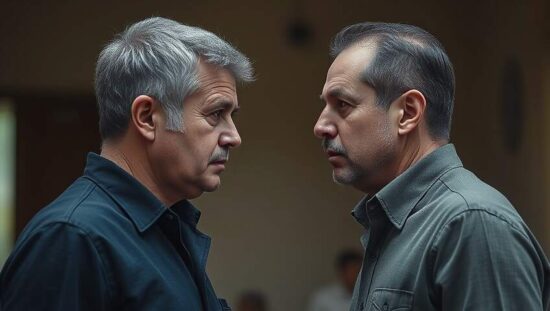The German Chancellor Friedrich Merz of the CDU engaged in discussions with Ukrainian President Volodymyr Zelenskyy on Thursday, during which Zelenskyy detailed ongoing corruption investigations implicating former members of his government. According to government spokesman Stefan Kornelius, the Ukrainian President pledged to ensure full transparency, provide sustained support for independent anti-corruption bodies and implement swift actions to regain the trust of the Ukrainian populace, European partners and international donors.
The exchange highlighted a delicate balancing act for both leaders. While Germany has been a staunch supporter of Ukraine’s defense and economic stability, the revelations of corruption within Zelenskyy’s administration have introduced a layer of complexity to the relationship. Chancellor Merz reportedly emphasized the German government’s expectation that Ukraine vigorously pursue anti-corruption efforts and further reforms, particularly in the realm of the rule of law, signaling a potential shift in the conditions attached to continued German aid.
Zelenskyy expressed gratitude for Germany’s ongoing support, specifically citing assistance with air defense and the protection of Ukrainian energy infrastructure. Both leaders reaffirmed their commitment to pursuing a ceasefire and lasting peace, underscoring the need for close coordination with European and transatlantic partners. Germany, working alongside its Western allies, intends to intensify pressure on Moscow to initiate meaningful negotiations. This includes exploring more effective utilization of frozen Russian assets, a contentious issue with significant geopolitical implications.
Beyond security and corruption, the conversation also addressed the situation of Ukrainian refugees. A particularly sensitive point raised was the rising number of young Ukrainian men emigrating to the European Union. Zelenskyy reportedly promised to address this trend, acknowledging the potential impact on Ukraine’s future workforce and the strain on host countries. The underlying question remains whether these assurances will be sufficient to quell concerns within Germany and other European capitals regarding the long-term sustainability of support for Ukraine amidst domestic political and economic challenges.





